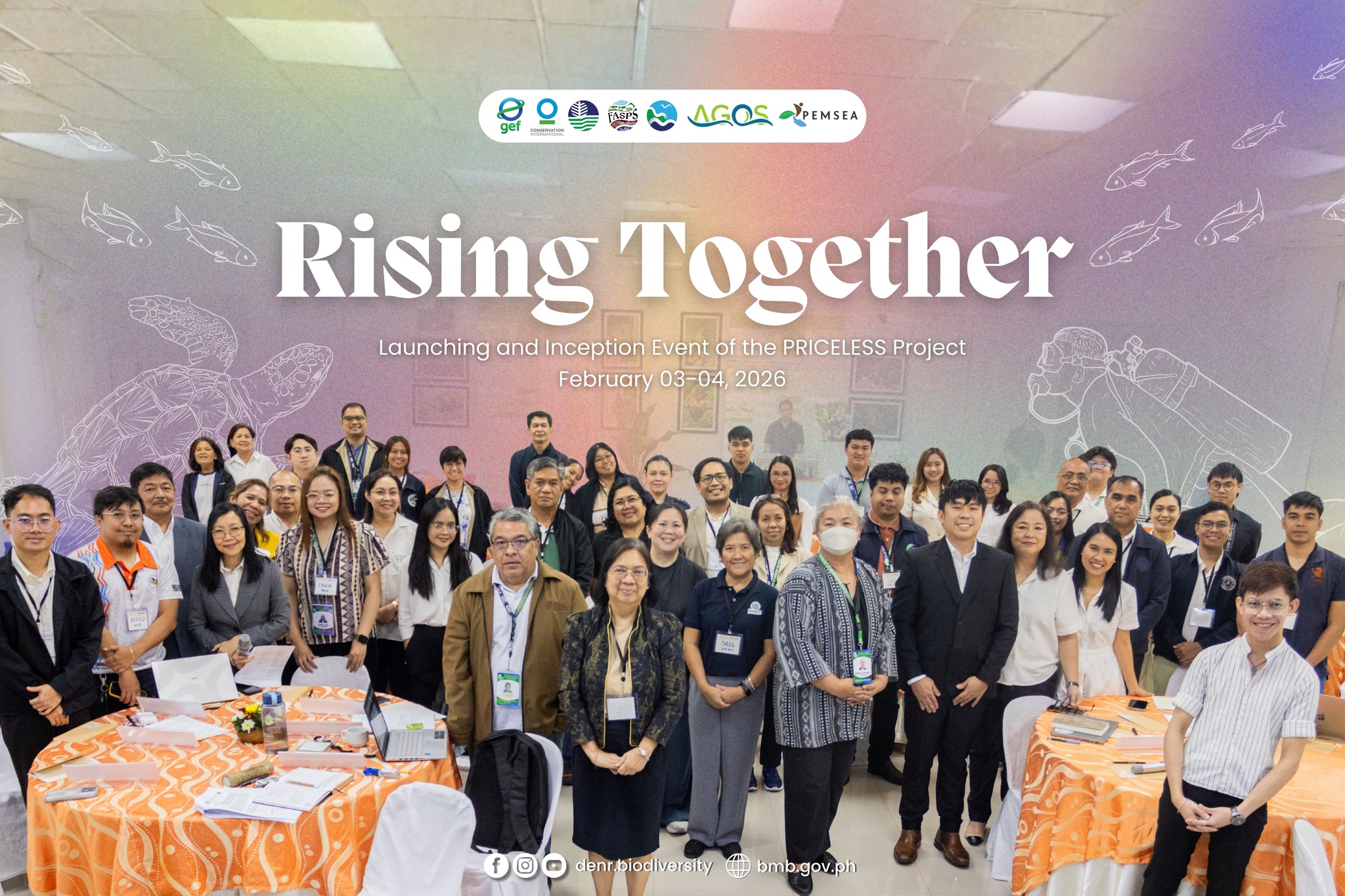2007 Twinning Workshop for Pollution Reduction
Wednesday, 23 January 2008

Tianjin, PR China — The Seminar on Policy Reform, Sustainable Financing and Investment for Pollution Reduction in the East Asian Seas, to be held 17-19 October in Tianjin, PR China, aims to enable participants to consider and incorporate in project formulation and implementation adequate strategies and approaches to policy reform in managing impacts from river basins and coastal seas, as well as addressing bottlenecks in financing and making investments for pollution reduction.Participants include PEMSEA focal agency staff in project coordination; representatives of local governments in the proposed project sites planning for the improvement of public waste management facilities, especially through involvement of corporate/private partners; proposed project site managers and professionals; and resource persons in and outside the region.The workshop will be divided into three themes. The first theme on Policy Reform in managing impacts from river basins to coastal seas will deal with policy, legal and organizational arrangements in managing the impacts of ecological and socioeconomic interactions between the upstream and downstream of catchment areas.The second theme addresses restructuring public waste management mechanisms and services in response to the challenges of water pollution reduction deals with policy, legal and organizational reforms to facilitate involvement of corporate and private sectors in waste (e.g., garbage and sewage) management.The third theme will include discussions on enhancement of local government capacity in financing and revenue generation for pollution reduction addresses capacity development at the local level in developing market-based incentives and tools in supporting and financing the improvement and reform of waste management services and infrastructure.PEMSEA has organized two workshops in 2005 and 2006 to examine major challenges and response strategies needed to facilitate capacity development in site specific ecosystem-based management programmes in the region, and knowledge transfer through twinning arrangements across the sites.




